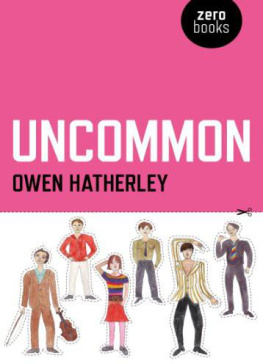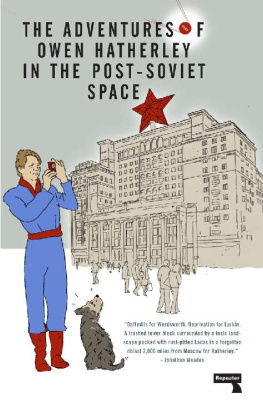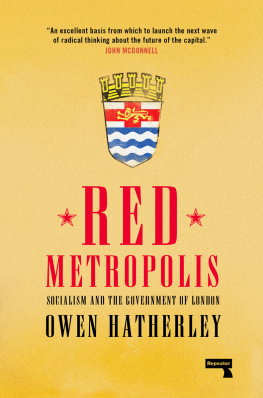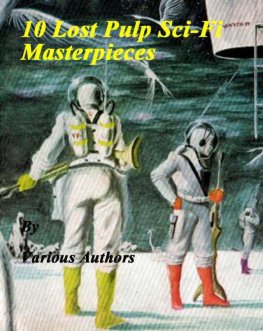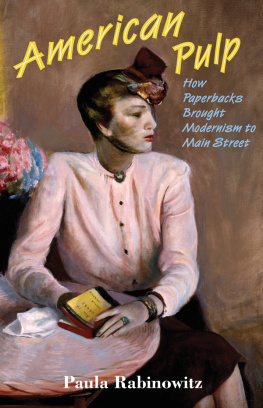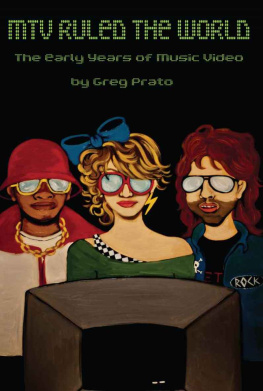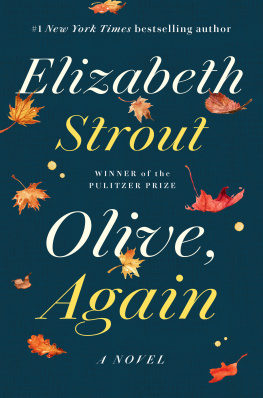First published by Zero Books, 2011
Zero Books is an imprint of John Hunt Publishing Ltd., Laurel House, Station Approach,
Alresford, Hants, SO24 9JH, UK
www.o-books.com
For distributor details and how to order please visit the Ordering section on our website.
Text copyright: Owen Hatherley 2011
ISBN: 978 1 84694 877 0
All rights reserved. Except for brief quotations in critical articles or reviews, no part of this book may be reproduced in any manner without prior written permission from the publishers.
The rights of Owen Hatherley as author have been asserted in accordance with the Copyright, Designs and Patents Act 1988.
A CIP catalogue record for this book is available from the British Library.
Design: Stuart Davies
Printed in the UK by CPI Antony Rowe
Printed in the USA by Offset Paperback Mfrs, Inc
We operate a distinctive and ethical publishing philosophy in all
areas of our business, from our global network of authors to
production and worldwide distribution.
Intro
Apropos the transport shutdown due to the volcanic cloud there have been the inevitable outbreaks of Dunkirk spirit, with little ships going out from the Channel ports to ferry home the stranded Brits. Its a reminder of how irritating the Second War must have been, providing as it did almost unlimited opportunities for bossy individuals to cast themselves in would-be heroic roles while everyone else was just trying to get by. Brits. So much of what is hateful about the world since Mrs Thatcher in that gritty little word.
Alan Bennett, Diaries, 19 April 2010
What if you never come down?
At the heart of this book is one of the most spectacular stories of emergence and disappearance in popular music - a group rising from the grimmest of circumstances to improbable success, followed by a decline of equal unlikeliness. Pulp formed in Sheffield in 1979, and released three sporadic, morbid, peculiar albums to zero commercial impact in 1983, 1987 and 1992. From 1994 they rose to sudden, unexpected prominence, and their singer became so well-known that he was invariably referred to by his first name. In 1995-6, they had several singles at number 2, an album at number 1, and an incident at an awards ceremony made them quite ridiculously famous. Then, when they returned in 1998, their singles failed to make the top 20, their albums received great reviews and sold in desultory amounts; their final gesture, a greatest hits album not entirely accurately titled Hits, barely even made the charts at all; when they split in 2002, it seemed hardly anyone had even remembered them. Many of their contemporaries lingered on, either making art-rock albums conspicuously without mockney accents, or purveying monobrowed pub rock to bafflingly enduring public affection. Jarvis Cocker endured as a National Treasure, although nobody seemed to quite remember what he was famous for - but Pulp had disappeared, leaving the world resolutely unchanged.
It is the argument of this book that Pulp were the last of a lineage, and that their rise and disappearance reflect the fate of that lineage. From the early 1970s onwards, a series of groups or individuals, from working or lower-middle class backgrounds, educated at art schools, claiming state benefits and living in bedsits or council flats months before they found themselves staying at five-star hotels, were thrown up in the UK. The Kinks, David Bowie, Roxy Music, Japan, Associates, Soft Cell, Kate Bush, The Fall, Pet Shop Boys, The Smiths, amongst others - all balanced some unstable combination of sexuality and literacy, ostentatious performance and austere rectitude, raging ambition and class resentment, translated into sonic documents balancing experimentation with populist cohesion; it was possible to read the lyric sheets without embarrassment, and for the most part you could dance, rather than flail or mosh, to it. At some point in the 1990s this literary-experimental pop tradition, completely inadequately subsumed under the rubric of indie, disappears, seemingly at its moment of greatest triumph. Some reasons for this are easily explained workfare schemes meant that claiming the dole as a musicians grant was less and less practicable, council flats became unobtainable for any but the desperate, squats were all-but obliterated, while the contract between (a section of) the artistic intelligentsia and (a section of) the young working class that lay behind the art school was long since broken. The result was, and is, a striking homogeneity of class as much as of sound in British music. In a telling statistic, in October 2010, 60% of British artists in the UK top 10 had been to public school, compared with 1% in October 1990.
Pulps status as the last of a line can be measured by the fact that, uniquely among the bands listed above, they have almost no successors. They had antecedents, of course, many of them listed above, but its almost impossible to find bands explicitly citing them, let alone showing the effects of their musical example. If being generous, you can find some groups that fit the bill, but if so theyre found at the margins - synthesiser primitives like Add N To X or Fat Truckers showed some hints of Pulps sound and aesthetic, as did electro miserablists Ladytron; The All Seeing Is Pickled Eggs and Sherbet was thoroughly Pulpesque, but given that half of it was written by Jarvis Cocker, it could hardly not have been. Pulps 1990-4 look and lyrical obsessions were plundered only by The Long Blondes, a Sheffield group who often seemed like an all-dancing, all-adultery, all-acrylic tribute to His & Hers. In the last couple of years, the post-Fordist laments of Mordant Musics SyMptoMs and Darkstars North were signs the lineage hadnt completely vanished, owing little to Pulp but coming from similar psychological and geographical places - but neither were likely to dislodge the public schoolboys from the hearts of the youth. Especially when compared with the legions of imitators of contemporaries like Blur and Oasis, or even to the epigones of 2000s revivalists like Franz Ferdinand, Pulp left no legacy. At best, it is perhaps telling that the Arctic Monkeys, one of the only English groups to have (briefly) had any sort of zeitgeist-defining import in the last ten years, sang vignettes of South Yorkshire mundanity whose bleak cynicism and enlivening lechery often elicited Pulp comparisons, though neither their scally funk-rock nor their mildly self-deprecatory laddishess showed much affinity with their Sheffield forbears.
Yet when laments are made and they often are for this disappeared lineage, Pulp are seldom mentioned. In some right-thinking circles the mention of them elicits a roll of the eyes, and in others they receive a nostalgic adulation uncomfortably shared with all manner of 1990s culture criminals. In order to understand why Pulp are still either the object for unthinking scorn or I Love the 90s reminisce, their moment of populist fame is the likeliest culprit.
It needs to be said, and people are reluctant to say it - Pulp were not only by some measure the finest British group of the 1990s, but they compete with their more obvious forbears. Roxy Music, even at their most chillingly Helmut Newton-esque, never created as terrifying a vision of success and opulence achieved curdling into anomie and psychosis as This is Hardcore; Morrissey never managed anything as perfectly vengeful as Common People, and the world created on their records from 1990-1994 is easily as obsessive, lyrically dense and inspired as The Fall at their peak. Theres a critical consensus, largely administered by those who came of age in the 1970s or 80s, in which The Smiths, or maybe the final, purging whiteout of My Bloody Valentine, were allowed to be some sort of last gasp of the lineage outlined above, a consensus which wholly ignores the fact that in 1995 a group managed to send a krautrock epic about class warfare to number 2, and then used this public goodwill to convince tens of thousands to purchase a despairing six-minute dirge on the subject of amateur pornography three years later.

